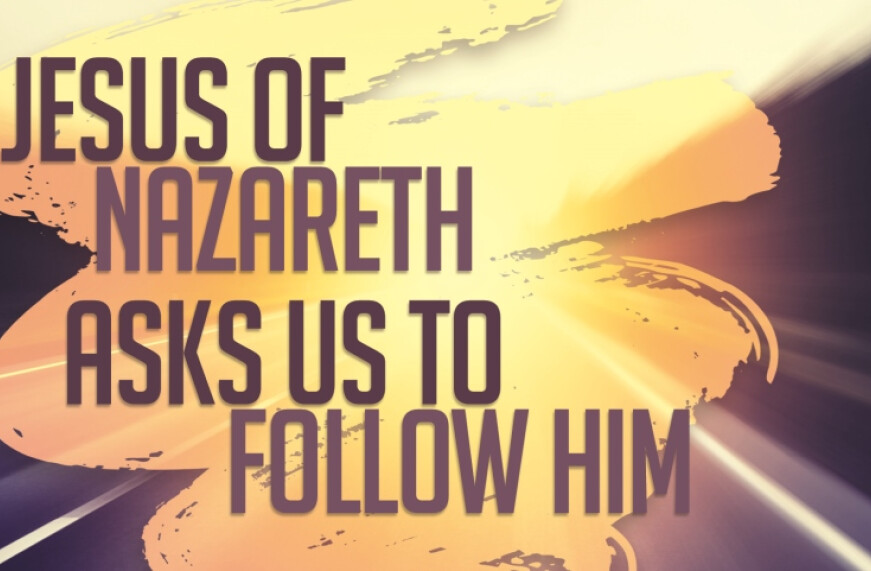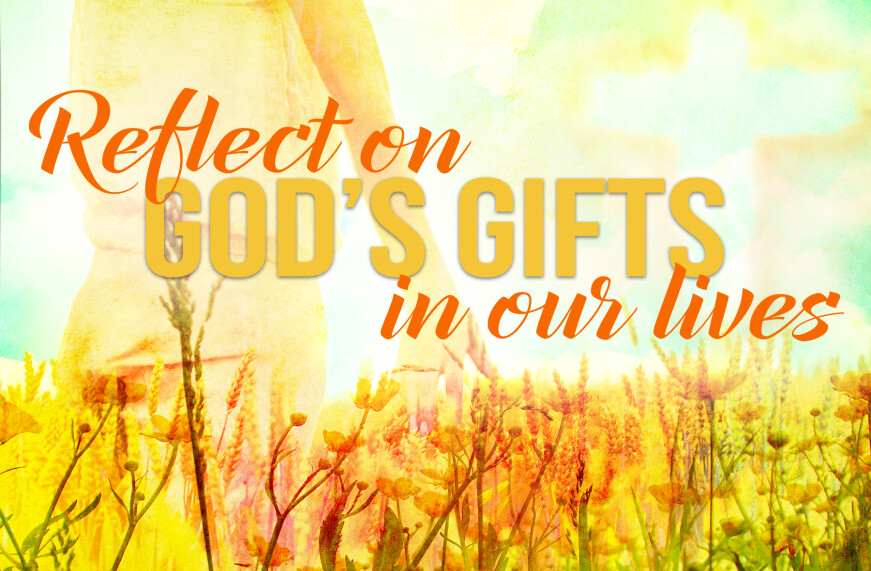God Desired You

God Desired You
In speaking with a group of students about the two Great Commandments, love God and love your neighbor as yourself, one wise student stated, how can we love our neighbor as ourselves when we don’t love ourselves to begin with, it would be easier to treat a neighbor better then we treat ourselves. The reality of how much we struggle to love ourselves and in turn love others really struck me, for this is very true, especially in our world today. The question I have been pondering since that conversation is, why is it so hard for us to love, cherish, and be confident in who God created us to be? The greatest response I have found to that question is from one of my favorite saints.
On October 22 the Church celebrated the feast day of St. Pope John Paul II, who loved young people and desired so deeply that people would understand that they are created, loved, and valued by God. Each and every person is created simply because God desired them. He desired you! Take a moment and let that sink into your heart. You are here because God desired it. He wanted you! St. Pope John Paul II’s formal teaching on humanity is called the Theology of the Body. In this teaching St. Pope John Paul II begins by calling us to reflect on the beginning of Creation, when God created man and women and saw that they were very good. God created humanity to be a gift to each other, to give and receive, to live in harmony, to love each other and to bring new life into the world. In the very beginning of creation the two greatest commandments were lived out, man and woman loved God above all and they beheld and loved themselves and each other the way God intended. As we all know the story, sin entered the world and humanity became broken. We are no longer living in the original state that God created, we are living in the consequences of original sin. However, we also live in the glory, joy, and hope of Christ’s Passion, Death and Resurrection—as people saved. We are called to live with the goal of heaven inscribed in our hearts, we are called to help other people to journey toward heaven, so that one day we can rejoice together with God forever.
So why is it so hard for us to love, cherish, and be confident in who God has created us to be? Because sin entered the world and we have been wounded. Yet, St. Pope John Paul II’s teaching gives us hope because he reminds us that in the beginning it was not so and Christ has conquered sin and death, and so sin and death are not the final end. God is calling you to love Him and love your neighbor, but first take a moment to simply relish with joy that God desired you, for only when we live in this confidence of God’s love for ourselves will we be able to look at another person and see God in them and be able to love them as ourselves.


